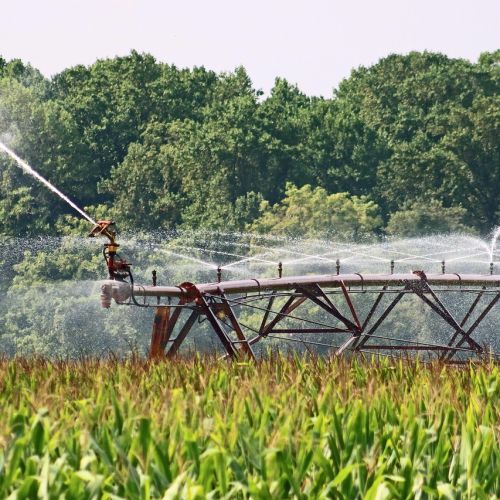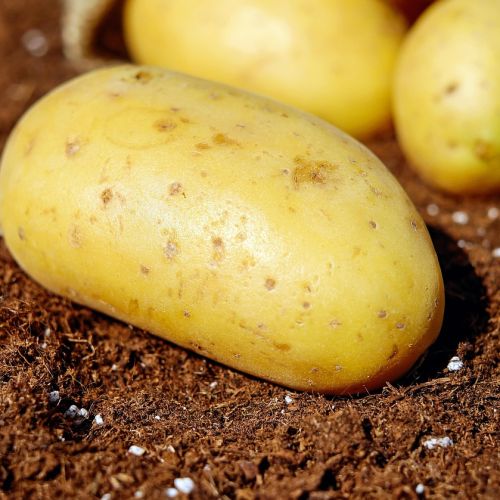
Correcting nutritional deficiencies in crops is a fundamental aspect of maintaining efficient and sustainable agricultural production. When the plant does not receive the nutrients it needs in the right amount, visible symptoms appear, such as chlorosis, stunted growth, poor flowering, or low productivity.
In this practical guide, we explain how foliar and root fertilization helps to correct these deficiencies and which are the main nutrients to monitor in crops.
Deficiencies can have multiple causes:
Poor or unbalanced soils in nutrients.
Chemical blocking of the soil (pH too high or low).
Water stress or excess of salts.
Intensive extraction of nutrients due to repeated harvests.
Detecting and correcting these deficiencies in time is key to maintaining plant health and ensuring agricultural profitability.
Foliar fertilization consists of applying nutrients directly to the leaves of the plant.
Advantages:
Rapid absorption of micronutrients.
Immediate response in situations of acute deficiency.
Ideal for crops with weak or blocked root systems.
Practical cases:
Zinc y manganeso: applied via foliar, they improve photosynthesis and vigor.
Boron: essential in flowering and fruit setting.
Calcium: applied foliar, it avoids firmness problems and physiopathies such as apical rot.

Root fertilization or fertigation provides nutrients directly through the irrigation water, reaching the root system.
Advantages:
Ensures the availability of nutrients in the soil.
Provides balanced nutrition throughout the crop cycle.
Allows correcting multiple deficiencies in a more stable way.
Practical cases:
Nitrogen, phosphorus, and potassium (NPK) in fertigation to ensure balanced vegetative growth.
Silicon and potassium: strengthen tissues and improve resistance to abiotic stress.
Multiple correctors: combine essential micronutrients (Boron, Molybdenum, Zinc, Iron) in periodic applications.
Iron (Fe): causes chlorosis in young leaves. It is corrected with foliar fertilization of iron chelates.
Zinc (Zn): causes short internodes and small leaves. It is corrected with foliar or root applications of complexed zinc.
Manganese (Mn): produces intervenal chlorosis. It is solved with foliar correctors of manganese.
Boron (B): affects flowering and fruit setting. It is corrected with foliar applications in pre-flowering.
Calcium (Ca): its deficiency causes apical necrosis. It is corrected with foliar applications or fertigation.
At Verdinatur we offer a wide range of nutritional correctors designed to overcome these deficiencies
Verdinatur fertilizers for the correction of deficiencies
At Verdinatur we offer a wide range of nutritional correctors designed to overcome these deficiencies:
Natur Boro → Liquid corrector of boron deficiency.
Natur Mn → Complexed manganese solution.
Natur Zn → Complexed zinc solution.
Natur Potásico → Potassium solution for fattening and ripening.
Natur Sili-K → Liquid product based on silicon to strengthen stems and roots.
Correctores múltiples (Natur B-Mo, Natur Ca-B, Natur Ferro 48, etc.) → Balanced combinations to solve several deficiencies at once.
Foliar and root fertilization are complementary and effective tools to correct nutritional deficiencies in crops. While the foliar route provides a quick solution to specific deficiencies, the root route ensures balanced and constant nutrition.
👉 Consult the catalog of Verdinatur nutritional correctors and find the most suitable solution for your crops.







